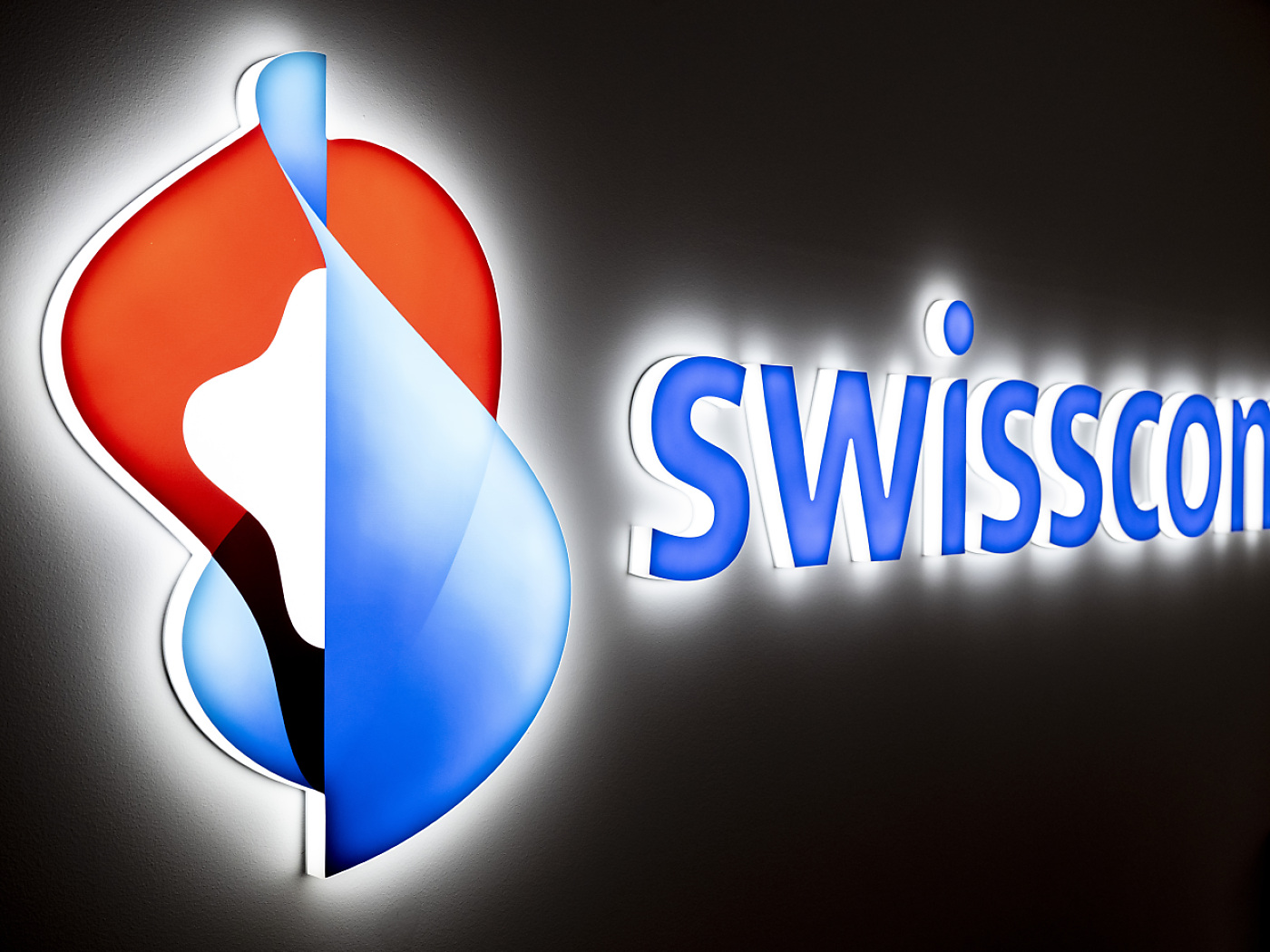
Sharp rise in reported cyber incidents in Switzerland

The number of reported cyber incidents and online threats in Switzerland rose sharply last year, according to the National Cyber Security Centre (NCSC).
+Get the most important news from Switzerland in your inbox
Last year, almost 63,000 cyber-related incidents were reported to the National Cyber Security Centre (NCSC) in Switzerland, an increase of 13,500 cases over the previous year. Between July and December, the NCSC recorded more than 28,000 incidents, slightly fewer than in the first half of 2024.
Fraud, phishing and spam messages continue to be the most frequently reported incidents. The increase on the previous year is mainly due to the phenomenon of false calls in the name of the authorities, with almost 22,000 reports compared with around 7,000 the previous year.
On the other hand, the number of e-mail threats has dropped. Over the past four years, fraudsters have used the telephone more as a communication channel.

More
Swisscom records over 200 million cyberattacks per month
In the case of “fraudulent competitions”, the NCSC has even observed a tripling in the number of messages received in the second half of 2024 (around 2,400 new messages). In many cases, the names of well-known Swiss food and retail companies, electronics retailers and transport companies were misused.
Scammers offer fake support
Almost 90% of the messages supposedly came from the public sector, with the remainder from businesses. The latter have been hard hit by the phenomenon of “CEO fraud”. These are supposedly urgent requests for payment from a company boss.
In 2024, local authorities and churches were particularly affected by this phenomenon. Telephone calls from people pretending to be bank employees or sticking QR codes on parking meters are also part of current scam schemes. In addition to traditional e-mails and text messages, scammers are also using iMessages to bypass the SMS filters of major ISPs.

More
Swiss cities targeted by Russian hackers during WEF
Another method is to flood e-mail accounts with spam, NCSC Director Florian Schütz told reporters on Tuesday. Technical support is then offered via Internet communication platforms, through which victims can download malicious software, giving criminals access to the desired IT environment.
Attacks on critical infrastructures
Since April 1, 2025, cyberattacks against critical infrastructure have been subject to a reporting obligation. Operators of critical infrastructure, such as energy or drinking water supplies, transport companies and cantonal and communal administrations must report certain cyberattacks to the NCSC within 24 hours.

More
Explainer: how vulnerable is Switzerland to cyber-attacks?
Failure to do so may result in penalties of up to CHF100,000. However, these will not come into force until October 1, 2025.
According to Schütz, the obligation to report exists in order to gain a better understanding of where the problems lie and what technologies are needed to control the attacks. If cyberattacks are thwarted, there is no need to report them, because there has never been a real threat.
In the first month since its launch, the NCSC recorded 25 notifications. Four of these provided information on how the hacking took place, and two received support from the federal authorities. “We expect the number of reports to increase,” said the NCSC Director.
Translated from French by DeepL/sb
We select the most relevant news for an international audience and use automatic translation tools such as DeepL to translate them into English. A journalist then reviews the translation for clarity and accuracy before publication. Providing you with automatically translated news gives us the time to write more in-depth articles. The news stories we select have been written and carefully fact-checked by an external editorial team from news agencies such as Bloomberg or Keystone.
Did you find this explanation helpful? Please fill out the short survey below to help us understand your needs.

In compliance with the JTI standards
More: SWI swissinfo.ch certified by the Journalism Trust Initiative































You can find an overview of ongoing debates with our journalists here . Please join us!
If you want to start a conversation about a topic raised in this article or want to report factual errors, email us at english@swissinfo.ch.